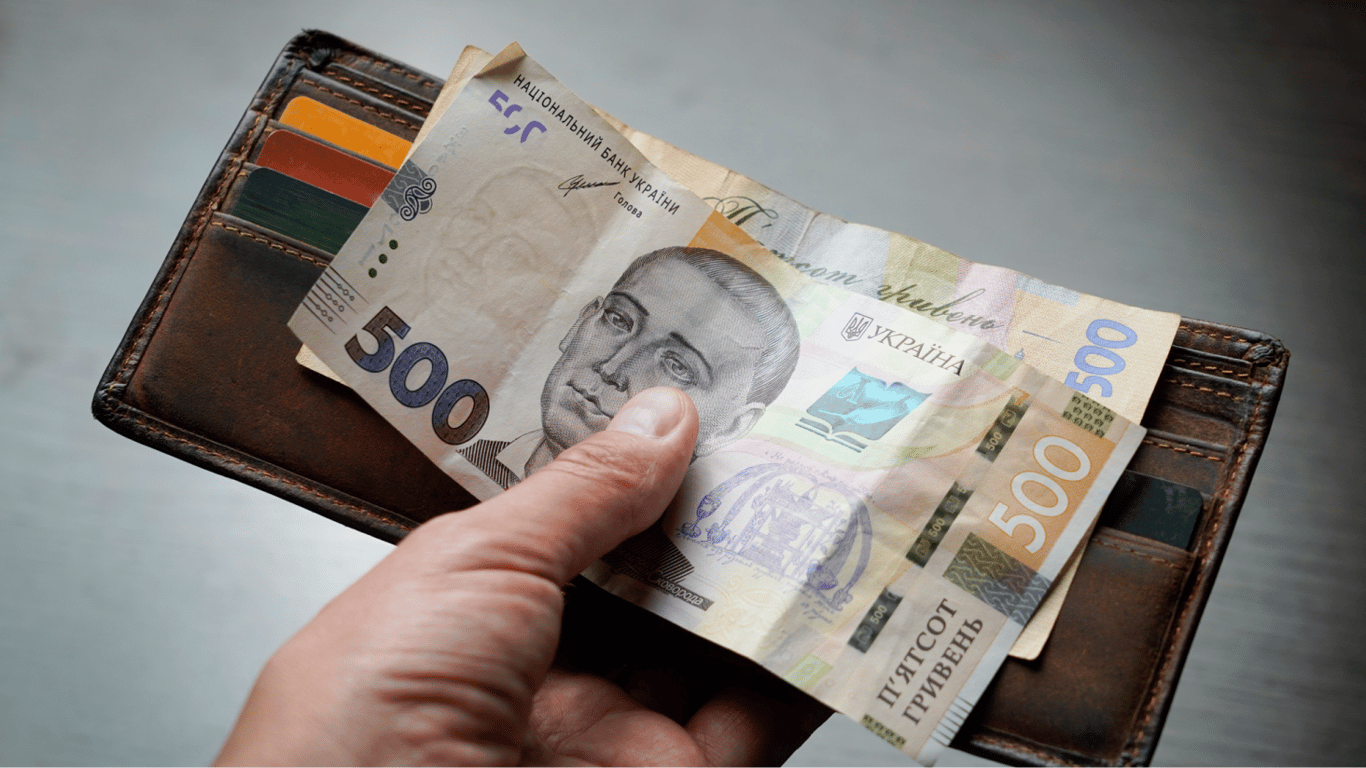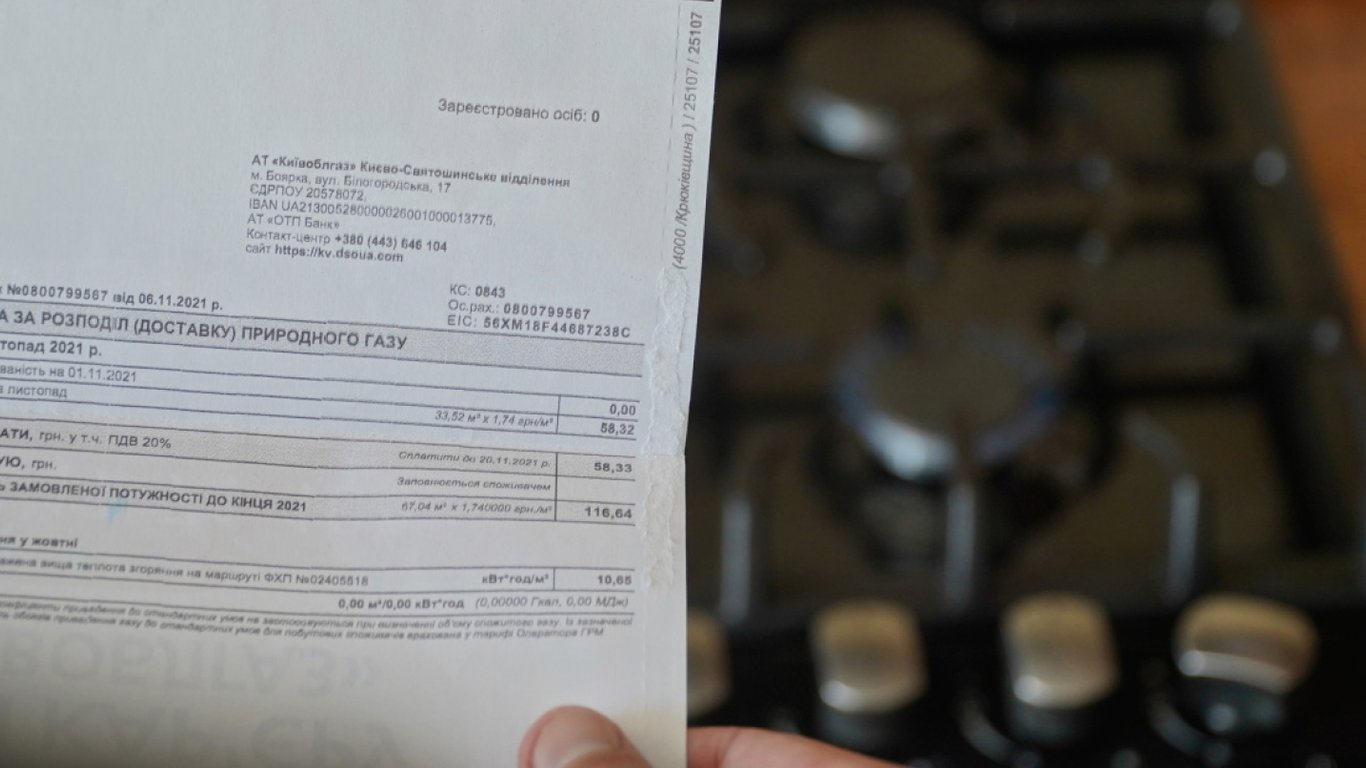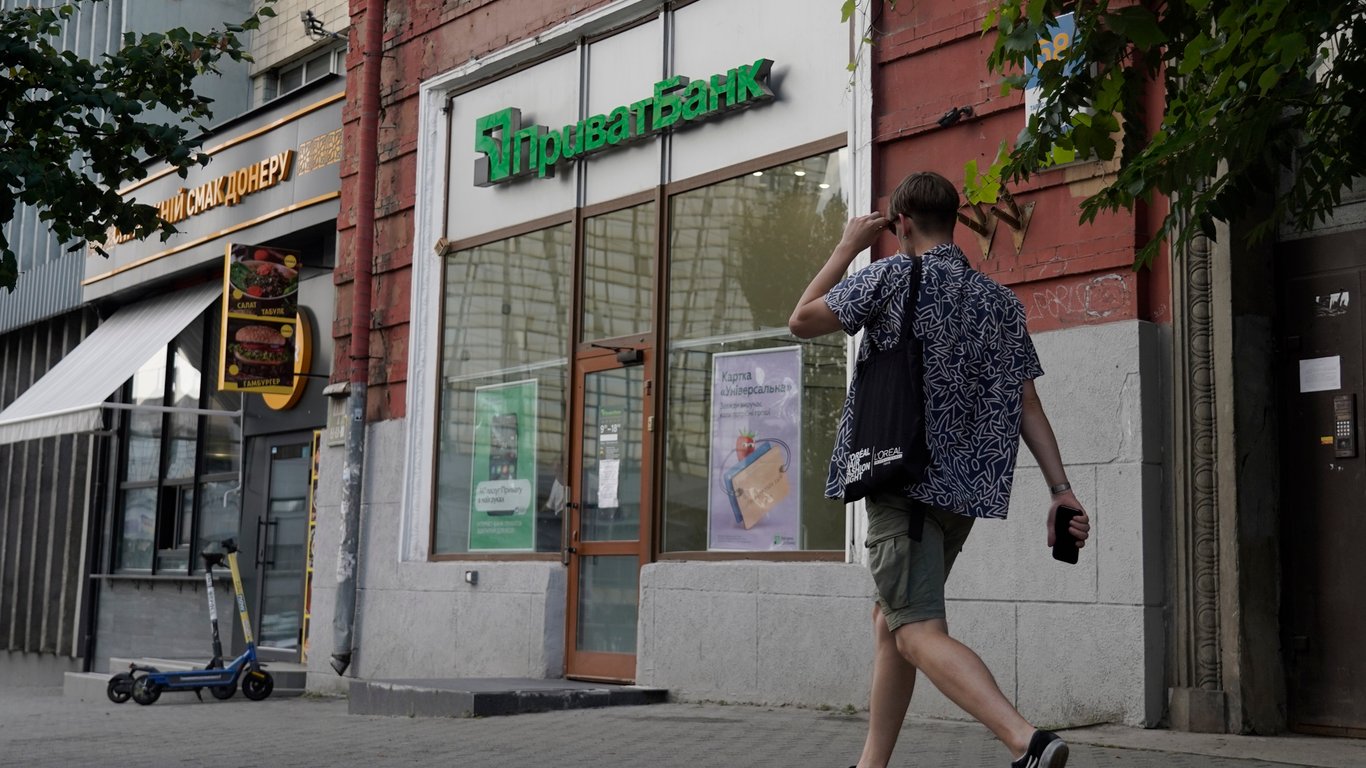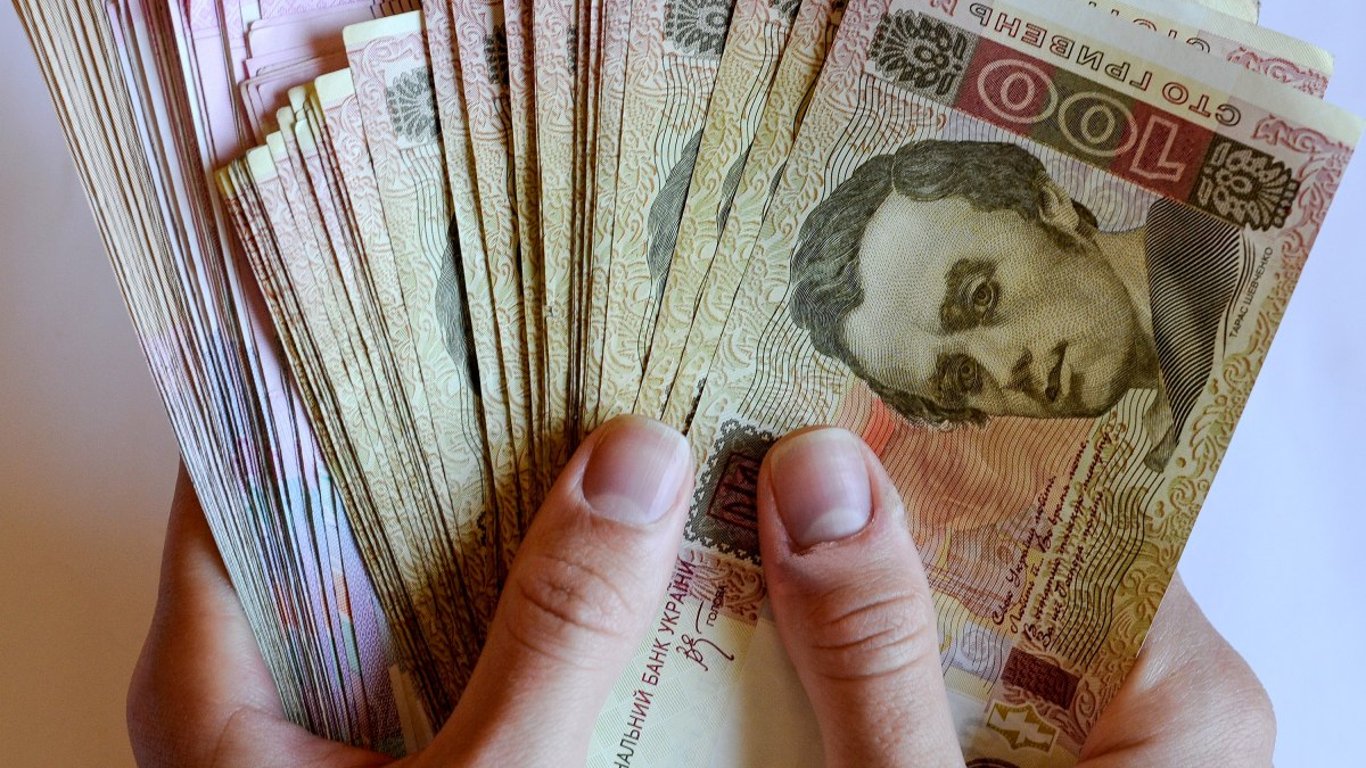Political crisis in Germany will affect refugee payments: what to expect for Ukrainians.


Ukrainian refugees receiving state assistance (Bürgergeld) in Germany are awaiting new restrictions due to disagreements within the ruling coalition.
This was reported by Bild.
Initially, it was planned to cut payments by 30% for those who do not show up for meetings at employment centers and refuse offered jobs. However, these sanctions are unlikely to happen.
The newspaper notes that Minister of Labor Hubertus Heil emphasizes the importance of measures aimed at 'great fairness and integration into the labor market'.
'As part of the reform, it was planned to reduce payments by 30% for refusing to appear at meetings in employment centers. But the political crisis has left the government without a majority in parliament, threatening the introduction of these sanctions at the beginning of next year,' the article states.
In July 2024, the cabinet of ministers had already approved a number of measures to strengthen the responsibility of welfare recipients. However, the collapsed ruling coalition lacks sufficient support to advance this initiative in the Bundestag.
Thus, aid recipients are likely to temporarily avoid sanctions, except for those already in place, such as reduced payments for those refusing work.
Recall that the EU is tightening entry rules to the Schengen zone.
Read also
- The Minimum Subsistence Level and Pensions - What Will Happen to the Amounts in August
- Naftogaz Clients Are Charged Excess Gas Volumes - Details
- Coins with a denomination of 1 hryvnia - which stamps are worth a lot
- Find assistance of up to $2,400 - who among Ukrainians can receive it
- Dollars and euros at PrivatBank - how much currency can be purchased
- Soybean and Rapeseed Prices — Why the Crops Will Increase in Price Soon









